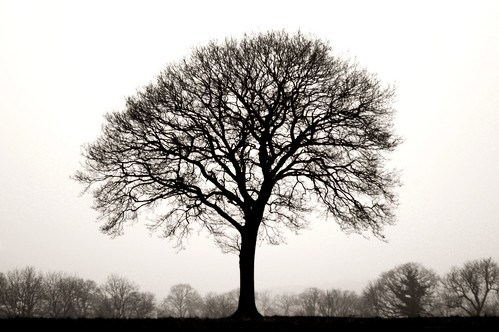
It is always clear in books and movies that the protagonist has been deeply neglected by his/her parents and therefore has the courage to go on in life and become a ruthless, yet accomplished business person with an A sized mansion.
Or they grow up to be cold, deficient people with no happiness whatsoever and a dreading ache for every countable day, and person.
Suffice to say, things like ‘parental indulgence and neglect’ can affect someone in more ways than one.
This is the case for Phaeton, son of Phoebus Apollo, the sun. As stated before, Phoebus is the ignorant father who seems to have more important things in his life than his own flesh and blood.
Of course Phaeton feels like crap, not only being constantly ignored by someone that is supposed to love him, but also for the lack of proof that Phoebus is, indeed, his father.
“If it’s true, how come there’s no proof of it? It’s unfair to us, you know, that there’s no proof.” Phaeton tells his mother one day. Well, obviously he’d feel this way after this random kid in school beat the ‘shit’, as he so put it, out of him for merely saying who his dad was.
Resolute, Phaeton travels to the valley where his father resides to tell him himself.
Now, you would imagine the guy wants nothing to do with him, but suddenly Apollo says, “My son, you are welcome. Let me grant you a favor.”
Well.
That was so not the reaction I was expecting.
Isn’t it an unwritten rule that the negligent parent wants nothing to do with their son/daughter when said son/daughter search them out to reconcile?
Apparently, Apollo does things differently.
So Phaeton decides he wants his dad’s car, in other words, to control the sun, for just one day. Obviously, Apollo wasn’t expecting that, and says that it’s his job, therefore, to pick something else.
But Phaeton isn’t having it. He has lived a life that his father chose not to be a part of, and you can’t judge his plain resentment.
So Apollo finally lets him, but not without the following advice:
“Don’t fly too high.”
“Go slantwise”
But I guess anger and fueled greediness makes you deaf, because whatever advice came out of Apollo’s mouth, went through one of Phaeton’s ear and out the other.
He didn’t listen. He lost Control. Chaos erupted.
I don’t know whether this is meant to explain a son searching for his indignant father and being let in, therefore encouraging people to go after what they want, or if it’s about said son not listening to his father and erupting into flames of chaos because he chose to not follow the rules.
So two things were learned:
1) If you have a father that knows of your existence but doesn’t feel the need to let you into his life, search him out until he grows fond of you (or exasperated enough) and decides to grant you a wish (to get you off his back in the latter case)
2) If said wish is taken, please do try to listen to your ignorant father’s requests because you just might end up frying to death from the deathly flames of the sun
Well.
That was educational.









